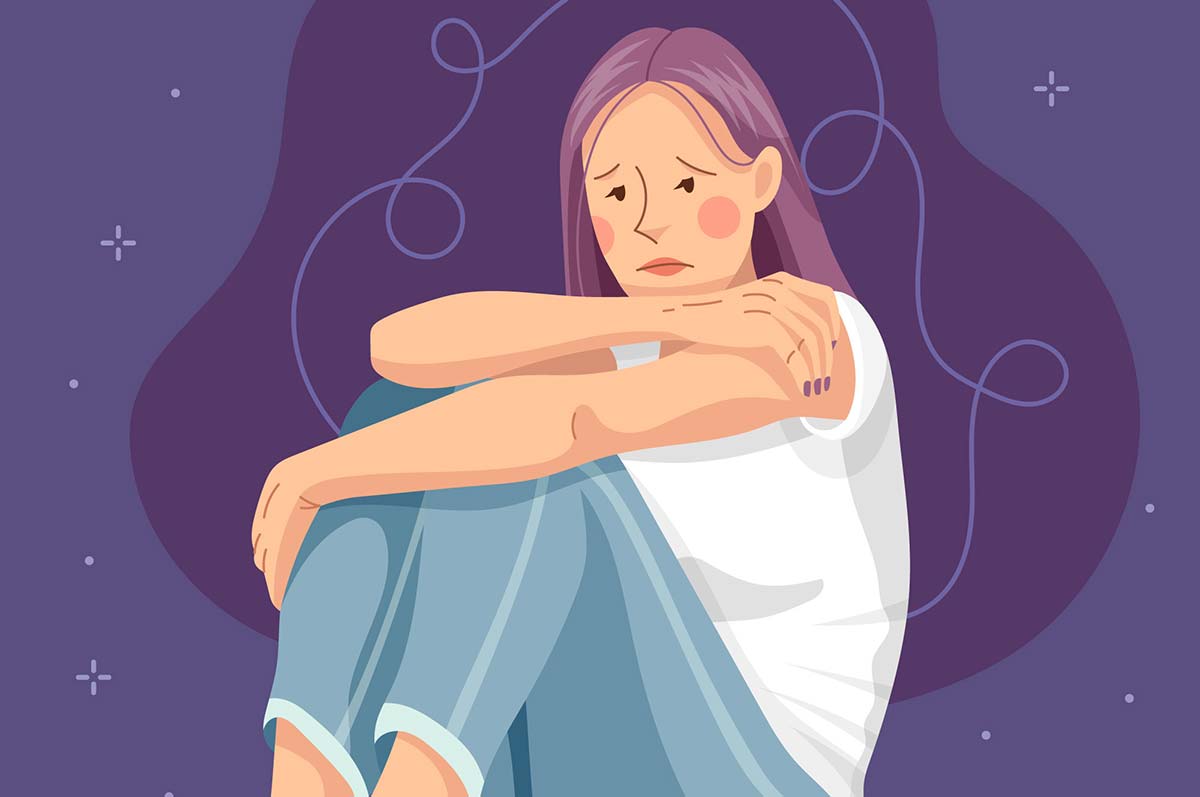Vaginismus: Understanding painful sex in women

Painful sexual intercourse is a common symptom experienced by women, and is one of the commonest reasons for female sexual dysfunction. It is commonly due to a condition known as vaginismus, where the pelvic floor muscles surrounding the vagina involuntarily contract, thereby causing penile insertion during vaginal sexual intercourse extremely painful and sometimes even impossible. Vaginismus can also occur during insertion of a tampon or menstrual cup, and also during vaginal examinations by healthcare workers.
Due to the stigma surrounding female sexual health, many women suffer in silence, preventing them from achieving healthy sex lives. It can also cause emotional difficulties and strained personal relationships.
Women with vaginismus may also experience low sex drive, vaginal dryness, the inability to become aroused and strained relationships. Vaginismus can also cause poor self-esteem, depression and other mental health conditions.
Causes of vaginismus vary, but are predominantly due to psychological factors, physical conditions or a combination of both. The women may never have been able to have pain-free sexual intercourse (primary vaginismus) or may develop in a woman who was able to have pain-free sex before (secondary vaginismus).
Psychological factors are almost always present in cases of vaginismus. These include:
- Anxiety (including anxiety about having sex)
- Fear of having sex
- Past trauma (including childhood abuse)
- Negative sexual experiences (including sexual assault or other forms of gender-based violence)
- Existing psychological conditions such as depression or significant stress
- Strained relationship/marital issues
Both anxiety and fear of sexual intercourse can stem from generational negative attitudes towards sexual activity, especially towards the girl child. In South Asian cultures, girls are commonly discouraged from any form of contact (especially sexual) with the opposite sex, and this can instill fear about sexual activity.
Physical causes can include:
- Lack of lubrication – can occur post-menopausal, post-childbirth, due to diabetes or even spinal cord disease
- Congenital deformities to the reproductive tract
- Trauma to the genital area
- Reproductive tract infections
- Radiotherapy to the pelvic area
In order to diagnose vaginismus, the doctor will ask detailed questions, including a sexual history, and may also need to perform a genital examination to look for any underlying physical causes.
Given the numerous underlying causes, management of vaginismus involves both physical interventions and psychological support.
Psychotherapy, couples therapy and sex therapy have all been found to be extremely helpful in improving sexual intimacy, and alleviating anxiety and fear surrounding sexual intercourse, thereby improving symptoms experienced due to vaginismus.
Pelvic floor therapy helps to improve control over the muscles surrounding the vagina, thereby improving vaginismus. Simple treatments like anaesthetic creams and lubricants can be used at home. Vaginal dilators may also be used to help open the vagina and reduce involuntary contractions.
Vaginismus does take time to cure and patients will need to be committed to their therapies. It is a challenging condition, but can be effectively treated with psychological support and medical intervention. By increasing awareness and knowledge about the condition, it is hoped that more individuals will feel comfortable enough to seek help for their sexual health concerns.
.png)



